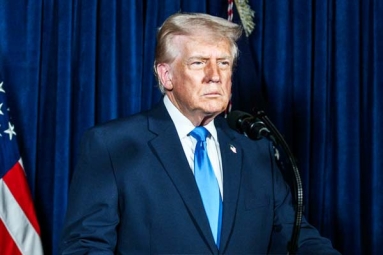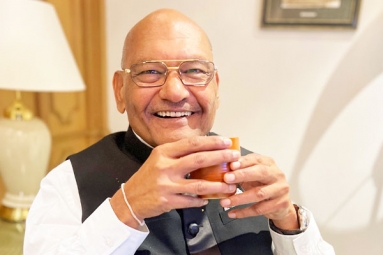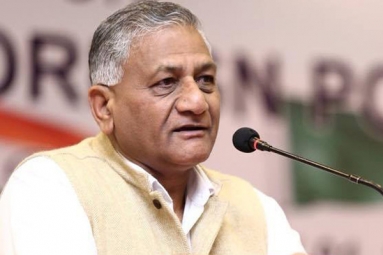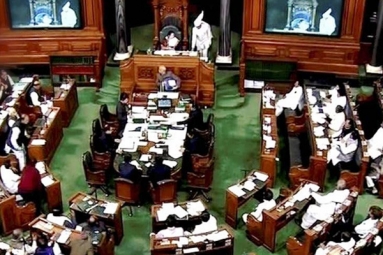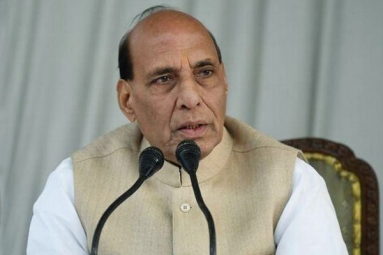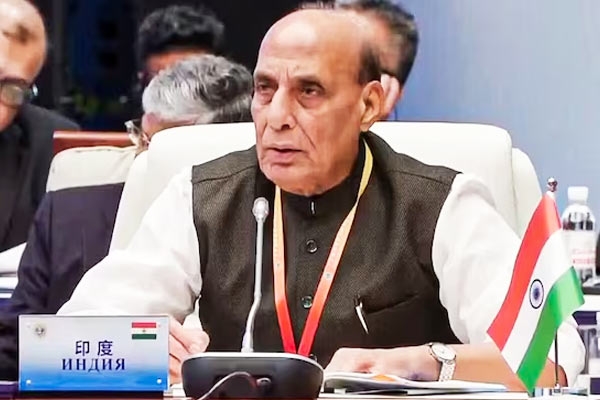
(Image source from: PTI)
In a firm statement directed at India's neighboring countries, Defence Minister Rajnath Singh declined to endorse a joint statement during the Shanghai Cooperation Organisation meeting, citing the absence of any reference to the Pahalgam terrorist attack, which resulted in the deaths of 26 innocent individuals, and the lack of acknowledgment of India's firm stance against terrorism. While the document failed to address the Pahalgam incident, it did reference Balochistan, implying India's responsibility for unrest in that region. The omission of Pahalgam from the statement seems to have been influenced by Pakistan, as China, Pakistan's steadfast ally, currently holds the chairmanship. India has consistently dismissed Pakistan's accusations regarding its involvement in Balochistan, urging Islamabad to introspect and halt its support for terrorism instead of making unfounded claims.
A source from the Defence Ministry stated, "India is unhappy with the wording of the joint document. The omission of the Pahalgam terrorist attack, contrasted with references to events in Pakistan, led India to abstain from signing the joint declaration, and there is no shared communiqué as well." Mr. Singh is attending the SCO Defence Ministers' meeting in Qingdao, China, where member nations, including Russia, Pakistan, and China, convene to discuss matters of regional and international security. The Shanghai Cooperation Organisation, established in 2001, aims to foster regional stability through collaborative efforts. Currently, the bloc encompasses ten member states: Belarus, China, India, Iran, Kazakhstan, Kyrgyzstan, Pakistan, Russia, Tajikistan, and Uzbekistan. While addressing the summit, the Defence Minister urged SCO participants to come together to eradicate terrorism for the sake of collective safety and security. He identified the foremost difficulties facing the region as issues of peace, security, and a lack of trust, with radicalization, extremism, and terrorism as the root causes.
My statement at the SCO Defence Ministers’ Meeting in Qingdao (China) pic.twitter.com/dV3Bc0wtOk
— Rajnath Singh (@rajnathsingh) June 26, 2025
"Peace and prosperity cannot thrive alongside terrorism and the proliferation of Weapons of Mass Destruction in the hands of non-state actors and terrorist organizations. Addressing these crises necessitates resolute measures. Those who sponsor, foster, and exploit terrorism for their narrow interests must face repercussions. Certain nations utilize cross-border terrorism as a policy tool and offer refuge to terrorists. Such duplicity must not be tolerated, and the SCO should not shy away from denouncing these countries,” Mr. Singh remarked, subtly targeting Pakistan.
When discussing the Pahalgam terror attack, he asserted that India had acted to defend itself against terrorism, thwarting and deterring further cross-border assaults. “During the Pahalgam attack, victims were targeted based on their religious identity. The Resistance Front, acting as a proxy for the UN-designated terror group Lashkar-e-Taiba (LeT), claimed responsibility for the attack. The pattern observed in the Pahalgam attack aligns with previous attacks carried out by LeT in India. India’s unwavering commitment to combat terrorism is evident in our actions, which reinforce our right to protect ourselves. We have demonstrated that the hubs of terrorism can no longer find safety, and we will not hesitate to engage them,” he stated.
He emphasized the importance of ensuring that those who commit acts of terror, along with their organizers, financiers, and supporters, are held accountable and brought to justice. He described all forms of terrorism as both criminal and without justification. According to him, members of the SCO are required to denounce this malevolent act without reservation.
The Defence Minister's decision not to endorse the joint statement demonstrates India's firm position on terrorism in the current context, aligning with the international narrative following Operation Sindoor. Eight delegations were dispatched internationally to communicate New Delhi's approach to terrorism and its future strategies for addressing the issue.



